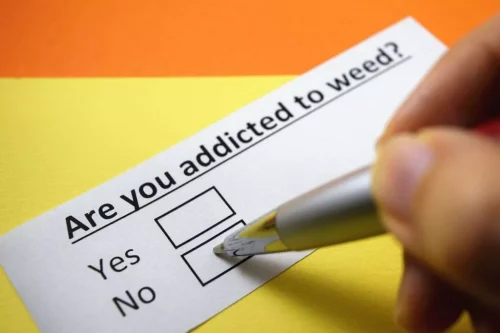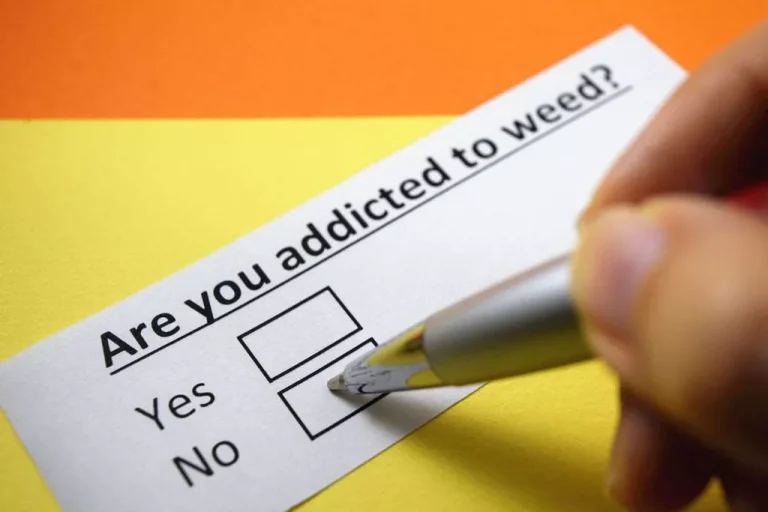
For those with Red Wine Allergies, the symptoms can be quite unpleasant and may last for several hours. However, to eliminate them completely, it is necessary to avoid consuming red wine altogether. Drinking plenty of water, limiting and slowing down alcohol consumption, and eating before drinking can help to reduce the vasodilation effects of alcohol. If you might have a beer allergy, a provider would use common ingredients in beer (e.g., wheat and barley) for the test. If you are allergic to these ingredients, your skin will itch or you’ll get a rash during the test.

Does alcohol exacerbate skin allergies?
Additionally, people with alcohol intolerance, a genetic condition affecting the body’s ability to break down alcohol, may experience sneezing and nasal congestion after drinking beer. This is due to the accumulation of byproducts that trigger a mild allergic reaction. Alcohol consumption can lead to sneezing and nasal congestion due to several physiological factors. Firstly, the byproducts of alcohol that aren’t broken down quickly can accumulate, resulting in mild allergic reactions. Secondly, alcoholic beverages, particularly wine, beer, and spirits, contain histamine, a compound known to elicit allergic responses. When alcohol is consumed, it enters the bloodstream and affects blood vessels, causing them to dilate.
Final Thoughts on Why You Get a Stuffy Nose After Drinking
This figure represents people whose symptoms are traceable to what the manufacturers made the product from and its production process, not the alcohol itself. We may never know for sure but that doesn’t mean we can’t enjoy a glass of vino every now and then. If you suffer from this perplexing phenomenon, just remember that you’re not alone – and there are worse things in life!

Why drinking alcohol will make your hay fever worse – Cosmopolitan UK

Alcohol does not need to pass through the digestive tract in order to be digested; rather, it is absorbed directly into the blood stream. The consumption of alcohol has been linked to nasal congestion in some people. What’s more, research shows that some people have a gene variant (ALDH2) that prevents the body from producing aldehyde dehydrogenase, an enzyme that helps break down alcohol. So if your heart races and your body temperature skyrockets after drinking, your liver may not Sobriety be able to manage the concentration of alcohol in your body effectively. The ALDH2 deficiency that causes alcohol intolerance is a genetic mutation.
- Just as grapes can become wine, table fruit that becomes too ripe might contain enough alcohol to cause a reaction in someone with an alcohol allergy.
- The medication is injected to quickly relax muscles to open up airways.
- The sneezing reflex after drinking alcohol is primarily caused by vasodilation, which increases the sensitivity of the nerve endings in your nasal passages.
- In addition, beer is often brewed with hops, comprising a compound called lupulin.
- When these compounds come into contact with the nasal passages, they can create an irritation sensation which leads to a reflexive sneeze response.
Gluten
In addition, beer is often brewed with hops, comprising a compound called lupulin. When you drink alcohol, it’s absorbed into your bloodstream and quickly travels to your brain. Certain medications, such as antihistamines or nasal spray, can interact with alcohol and potentially increase the chances of sneezing.
- Allergies occur when the body responds to an allergen (for example, an ingredient in beer).
- Some people are more sensitive to histamine than others – if you’re prone to allergies or have a histamine intolerance, the histamine content of wine might be the cause of these symptoms.
- Sulfites can cause a range of dermatological, pulmonary, gastrointestinal, and cardiovascular symptoms.
- Alcoholic beverages like wine and beer can make allergies worse due to their high histamine content.
- If you’re still having problems, it could be time to consult your doctor.

Sulfites have been used as preservatives since Roman times to preserve food flavour and colour, inhibit bacterial growth, and reduce food spoilage. Alcohol is a central nervous system depressant, which is why people feel sleepy after they’ve had a drink or two, and why drinking a “nightcap” before you go to bed can sound appealing. Allergy testing of the skin and blood should be able to determine your allergies, or at least rule some out. Applying a cold compress to your nose will help to soothe the mucous membranes in your nose and reduce inflammation. Rinsing your nose with salt water or a saline solution will help to soothe the mucous membranes in your nose and reduce inflammation. Nasal polyps are soft, noncancerous growths on the lining of the nose or sinuses.
Alcohol can cause nasal congestion by dilating blood vessels in your nose, leading to swelling. It also contains histamines and sulfites, which can trigger an allergy-like reaction, making your nose feel stuffy. People with alcohol intolerance or sensitivities to certain ingredients in drinks may experience this more often. Alcohol, especially red wine and beer, contains histamines and can trigger the release of more histamines in your body. This can exacerbate allergic reactions, making symptoms like congestion, sneezing, and itching more pronounced. Chemicals like sulfites, which are present in beer after fermentation, can also trigger allergic reactions.
Unfortunately for wine-lovers, there’s a lot of things in wine that can cause negative reactions or intolerances. This is known as the snatiation reflex, which is a combination of the words ‘sneeze’ and ‘satiation. ‘ A person experiences this reflex when their stomach is full and becomes stretched. No, alcohol-induced sneezing is a peculiar reaction that only affects a small percentage of individuals.
- Some individuals may be more prone to alcohol-induced sneezing due to individual sensitivity or other factors.
- With a little research and careful label reading, you may be able to find beer that doesn’t contain that particular allergen.
- A beer allergy is likely caused by an allergy to a specific ingredient in beer, such as grains, colorings, flavorings, or preservatives.
- These ingredients may include gluten, grain, chemicals, and preservatives.
- It is believed to be related to changes in nasal sensitivity or other physiological factors.
- This will help you avoid that ingredient in other products and manage your allergy effectively.
Skin flushing
Pepcid is a histamine-2 (H2) blocker that can reduce symptoms of alcohol intolerance like flushing, allowing people to drink more before their reaction forces them to stop. True alcohol allergy (versus an allergic reaction to ingredients in alcoholic drinks) is very rare. Other molds, yeasts, proteins, and ingredients used for wine fining can also be allergens. It is important to be aware of these allergens as they may cause reactions in those who are sensitive.
- If you have any severe or painful symptoms after drinking alcohol, don’t just brush it off as alcohol intolerance.
- Yes, in addition to sneezing, drinking beer can cause nasal congestion, skin flushing, hives, abdominal pain, and in rare cases, more severe allergic reactions.
- When people consume alcohol, their body tries to detoxify it by breaking down the compound into its smaller components.
- But if you experience odd reactions to alcohol after just a drink or two, your body may be intolerant.
- So if your heart races and your body temperature skyrockets after drinking, your liver may not be able to manage the concentration of alcohol in your body effectively.
- If you have symptoms after drinking beer and you’re not sure why, your provider can help you figure out what the problem is.
Can You Be Allergic To Just Red Wine?
Histamine can beer make you sneeze intolerance or sensitivity can make it difficult for the body to metabolize the histamines found in beer. As a result, the histamines can accumulate and trigger allergic symptoms. Red wines typically have higher histamine content than other alcoholic beverages, but beer also contains histamines that can affect susceptible individuals. Those who notice an increase in their asthma symptoms after drinking alcoholic beverages, especially wine, might be reacting to potassium metabisulfite, a common preservative. It’s important to note that a Red Wine Allergy is not the same as an intolerance to red wine.
- Date - 19 juin 2025